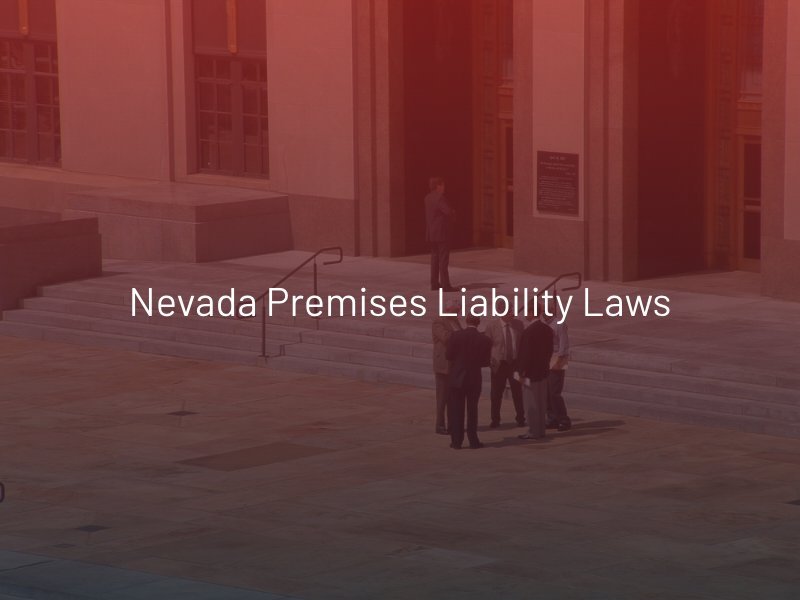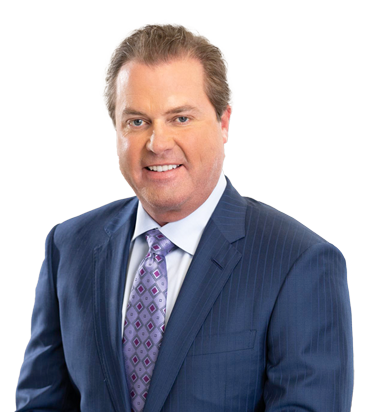Nevada Premises Liability Laws
Nevada law requires property owners to maintain safe conditions for people who legally enter their premises. When owners fail to meet this duty, injured individuals can seek compensation through a premises liability claim. Here are Nevada’s laws that apply to these cases.

Duty of Care in Nevada
NRS 41.130 establishes general liability for negligence, stating, “Whenevr any person shall suffer personal injury by reason of the negligence or wrongful act of another, the person causing the injury shall be liable to the person injured for damages.” This statute gives injured parties the legal basis to pursue premises liability claims when a property owner’s negligence causes harm.
Under Nevada law, property owners owe a duty of care based on the visitor’s status. The Nevada Supreme Court, in Foster v. Costco Wholesale Corp., 291 P.3d 150 (Nev. 2012), confirmed that invitees are owed the highest level of protection. Owners must regularly inspect their property, fix dangerous conditions, and warn invitees of any known hazards.
Categories of Visitors
Nevada premises liability law divides visitors into three categories:
- Invitees: People who enter the property for the owner’s benefit, like customers in a store or guests at a hotel.
- Licensees: Social guests or others who enter with permission but not for the owner’s direct benefit.
- Trespassers: People who enter without permission. Owners generally owe trespassers only a duty to refrain from willful harm.
The Foster case reinforced that for invitees, property owners must not only warn of known dangers but must also actively look for hidden hazards and repair them.
Proving a Premises Liability Claim
To succeed in a premises liability case, an injured person must prove four elements:
- The property owner owed a duty of care.
- The property owner breached that duty.
- The breach caused the injury.
- The injured party suffered damages.
In Tucker v. Action Equipment and Scaffold Co., 951 P.2d 1027 (Nev. 1997), the cort emphasized that owners are not insurers of safety but must act reasonably to prevent harm.
Comparative Negligence in Premises Liability
Nevada applies modified comparative negligence to premises liability claims under NRS 41.141. The law states:
“In any action to recover damages for death or injury to a person… the comparative negligence of the plaintiff shall not bar recovery if that negligence was not greater than the negligence of the parties against whom recovery is sought.”
If the injured party shares less than 51% of the fault, they may still recover damages, reduced in proportion to their fault. For example, if you are awarded $100,000 and found 30% to blame, you receive 70% or $70,000.
Time Limit for Premises Liability Claims
NRS 11.190(4)(e) sets a two-year statute of limitations for personal injury claims, including premises liability cases. The law states “An action to recover damages for injuries to a person… caused by the wrongful act or neglect of another” must be filed within two years from the date of the injury. Missing this deadline usually results in losing the right to pursue any compensation.
Special Rules for Government Properties
When someone suffers an injury on Nevada government property, special rules apply under NRS 41.031. Nevada waives sovereign immunity, allowing lawsuits against government agencies for negligence, but damages are capped at $200,000 under NRS 41.035. Victims cannot recover punitive damages, and government employees are generally immune from personal liability if they acted within the scope of their duties.
Speak to an Attorney Today
Hiring a Las Vegas Premises Liability Lawyer is critical because Nevada’s laws are complex and strictly applied. An experienced attorney can analyze your case, determine if the property owner or a government agency is liable, gather evidence to prove negligence, and ensure you meet all deadlines. Without legal guidance, there is a heightened risk of losing compensation by missing key legal requirements or underestimating the value of your claim.


